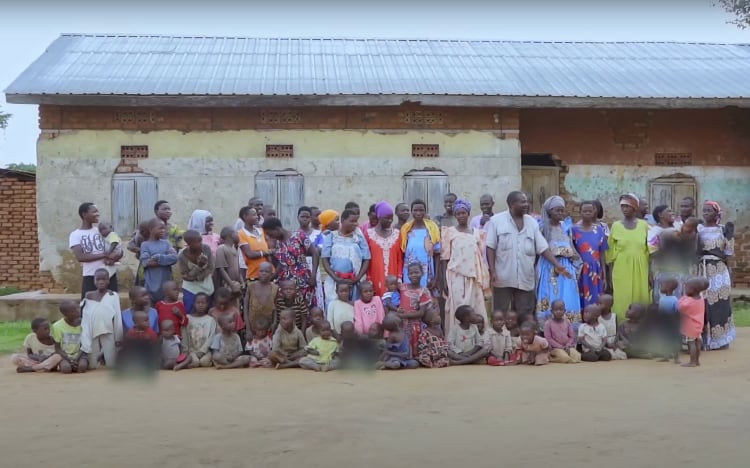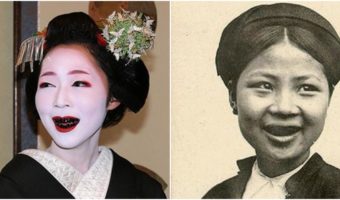Ugandan Man Who Fathered 102 Children From 12 Wives Finally Says “Enough!”
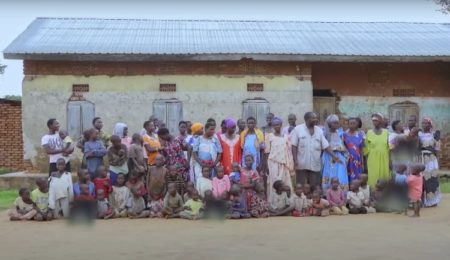
Do you ever think, especially during Thanksgiving dinner, that you have a big and chaotic family? Consider yourself already beaten! There is a family in Uganda so big that their members are a full-size village by themselves. A Ugandan man named Musa Hasahya Kasera has fathered 102 children from 12 wives and has 578 grandchildren to date, creating one of the biggest families in the world. The entire family lives together on a five-acres of land in the village of Bugisa in the Butaleja District, which is a remote region in eastern Uganda.
So, what is their story?
Table of Contents
Musa Hasahya has 12 wives, 102 children, and 578 grandchildren.
Musa married his first wife in 1972 when they were both 17 years old. They welcomed their first baby, named Sandra Nabwire, a year later. But Musa’s brothers, friends, and other relatives soon advised him to marry multiple times to produce as many children as possible and expand the family’s legacy. No doubt, he took this advice seriously.
Musa was a cattle trader and a butcher and did not have any trouble getting marriage offers from the village. Over the years, he married 11 more times and had a total of 102 children. His children currently range in age from 10 to 50, and his youngest wife is 35 years old.
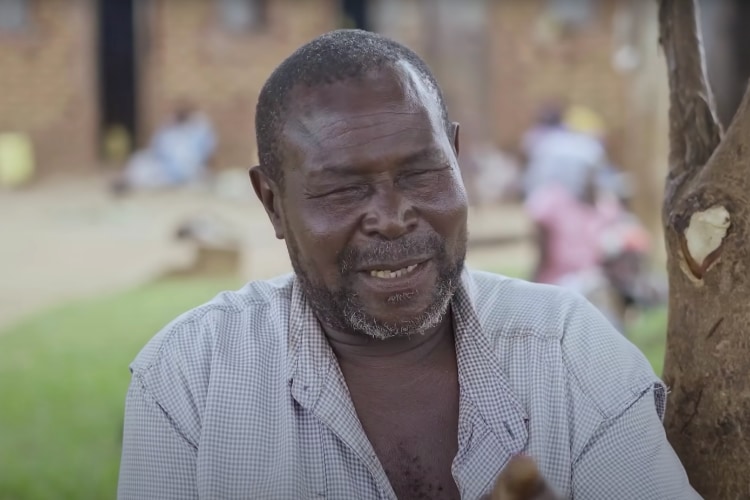
Musa says that today, his memory falters. He admits to not knowing the names of most of his children. He remembers only the first and the last one; the rest is all a blur. He refers to his notebook for the names. Of 102 children, four have died, and now he has 98 children. They all live together on a piece of land in overcrowded, grass-thatched cottages.
Musa now admits to being irresponsible and says, “Enough!”
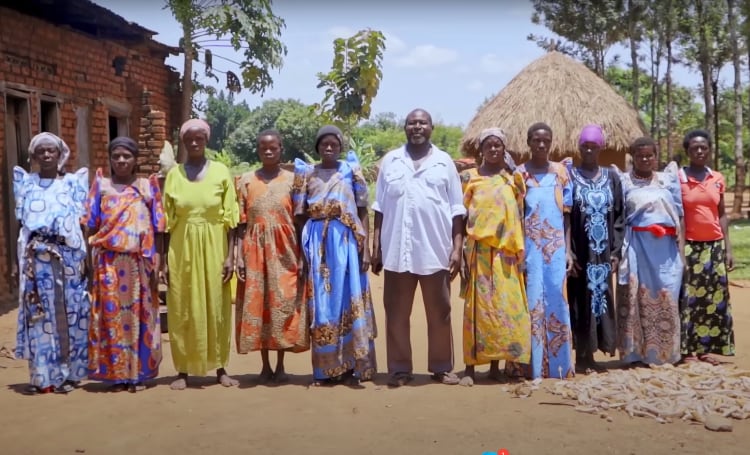
Today, Musa struggles for the means to feed his large family. He also does not have enough space for all of them. He, along with his wives, live in a big house that is slowly falling apart with rust and low maintenance. He has built about two dozen grass-thatched mud huts for his sons. One of his sons, Shaban Magino, is a primary school teacher and one of the few who has received an education. He is the one who takes care of the family’s affairs and conducts monthly meetings to resolve disputes.
Most of the villagers here are small-scale peasants. They grow rice, coffee, and cassava or raise cattle. A few members of the family earn food or money by doing chores for the neighbors. A few spend their days traveling long distances on foot to fetch water or wood. Some women in the family weave mats, while the rest sit around plaiting hair, and the men play cards under the shelter of trees.
As Musa’s family kept increasing in numbers, there was a rising problem that he didn’t think of before. It became increasingly difficult to provide for the rapidly growing family. Two of his wives have already left because he could not provide enough for them, and another three live in a nearby town because of overcrowding.
Today, Musa Hasahya is unemployed and struggles to provide for his large-sized family. What the family earns is not enough to feed, provide clothes, or send everyone to school. Worse yet, there is not enough money for medical help in case someone falls sick. Musa now admits he was irresponsible and says, “Enough is enough!” His wives are now on birth control, though it’s a little too late for that.
Uganda still practices polygamy.
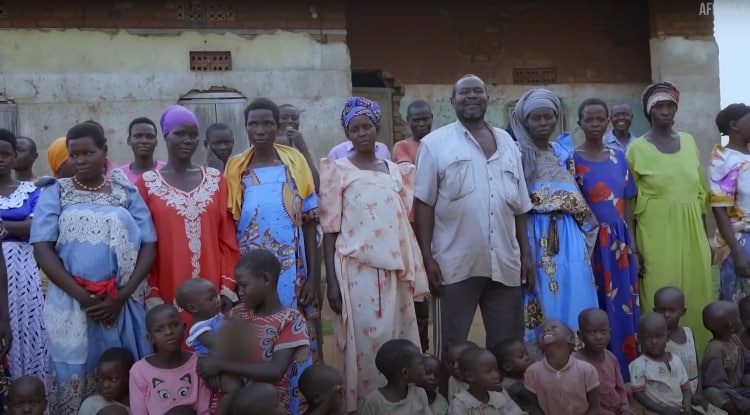
In Uganda, polygamy is legal and allowed according to certain religious traditions. Because of this, a man is allowed to have multiple wives at a time. Consequently, there are always a lot of children in each family.
According to the 2014 Census of Uganda, 8.3% of all women who are aged 18 years or above were either married or sharing husbands in a polygamous marriage. There have been attempts to outlaw polygamy in the country as early as 1987, but none of the proposals have passed.
In an interview, Musa Hasahya’s third wife, Zabina, said that if she had known he had other wives, she would not have agreed to marry him. She complained that even after she arrived, Musa kept on marrying until the number reached a dozen.
But if you ask Musa Hasahya, he will insist that they are all happy together and they all love him!














